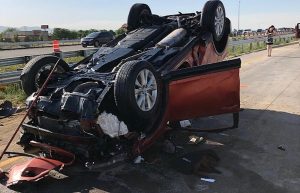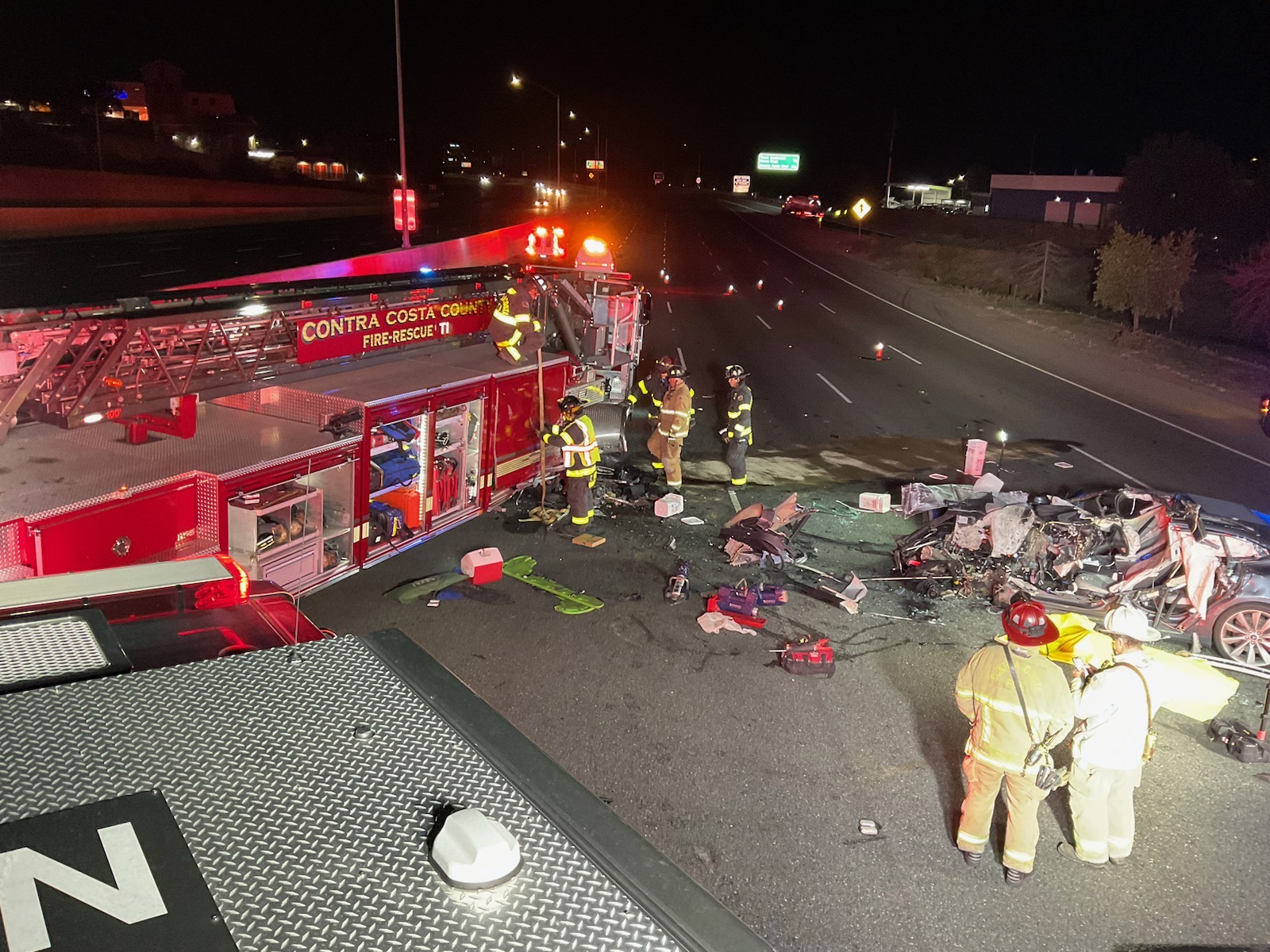According to new data analysis, American drivers are cruising up on the deadliest day on U.S. roads: Aug. 7. The data, drawn from National Highway Traffic Safety Administration records, shows Wednesday had more crashes than any other day in the year — including holidays.

Speeding has increased sharply since the COVID pandemic, adding to the concerns drivers have about the safety of U.S. roads.
Dashcam company Nextbase, located in the UK, conducted the analysis in support of National Dashcam Day, but the numbers are still surprising. Nextbase’s analysis of the 39,500 crashes reported by NHTSA during 2021 found that 177 crashes occurred on August 7th, more than on any other day across all 12 months of that year. In fact, only one actual holiday, July 4, made the top 10.
Although on-road dangers are frequently associated with major holidays and expected increases in drunk driving incidents, or with the treacherous conditions of winter snow and ice, five of the top-10 most deadly driving days on American roads occur between Memorial Day and Labor Day, the unofficial bookends of summer and the summer driving season.
“With data indicating that the risks on U.S. roads are increasing — and noting the spike in fatalities in August — we felt it was time to bring the Nextbase road safety initiative to America, starting with National Dash Cam Day,” said Bryn Brooker, head of Road Safety for Nextbase.
More dangers
The top 10 deadliest days included: Aug. 7, June 5, Sept. 11, May 15, Oct. 29, July 4, Oct. 16, Nov. 6, Sept. 4, and July 31.
The company not only reviewed the NHTSA data but also got some feedback from Americans about the state of driving in the U.S. right now. The perceptions are not encouraging.
- Nearly two-thirds (62.3%) of American motorists agree that driving on U.S. roads is more dangerous than it was five years ago.
- Among the above drivers, distracted driving was named as the biggest danger (65.6%), above road rage (19.2%), carjacking (7.2%) and car theft or break-ins (4.3%).
- Being involved in a crash was the number one worry for U.S. drivers (76.6%), with the fear of something happening to a loved one while driving a strong second at 57.8%.
- Outside of vehicle purchase or lease cost, insurance costs were the greatest financial concern for vehicle owners (43.7%), above maintenance costs (30.4%) and fuel or charging costs (25.3%).
These findings came despite the fact that in 2023 40,990 Americans were killed in crashes involving motor vehicles in 2023, down from 42,514 who died in 2022, according to a new estimate from the National Highway Traffic Safety Administration. This marks the second decline in a row, and in spite of the fact that Americans drove 2.1% more miles in 2023.

Fatal pedestrian crashes have risen faster than overall highway fatalities. (Image courtesy: Stracci Law Group)
Fatalities increased each of the previous three years, according to the National Safety Council, which compares its estimates against reports from the National Center for Health Statistics, or NCHS. The last confirmed number is from 2021 when HCHS reported 46,980 deaths.
More Safety Stories
- Americans Say They’re Ready to be Slowed Down
- Highway Fatalities Fell in 2023 — But Are Still Up Over Pre-COVID Totals
- NHTSA Ups Requirements for Top Safety Picks
Ready to slow down
Perhaps the attitudes about driving in the U.S. today should come as a surprise. An earlier study by the Insurance Institute for Highway Safety showed that 60% of Americans were in favor of technology alerting them when they were speeding, and about half were in favor of more proactive technologies to slow them down.
More surprising is that nearly half of those polled were all right with technology that makes it harder to depress the accelerator pedal or some form of speed limiter, according to the IIHS study.
“These findings are exciting because they suggest American drivers are willing to change how they drive to make our roads safer,” IIHS President David Harkey said. “The conventional wisdom has always been that speed-restricting technology would never fly in our car-centric culture.”
The IIHS is quick to point out speeding is plays role in more than 25% of all U.S. traffic fatalities. Despite this, half of all drivers admit to driving at least 15 mph over the speed limit recently.



0 Comments